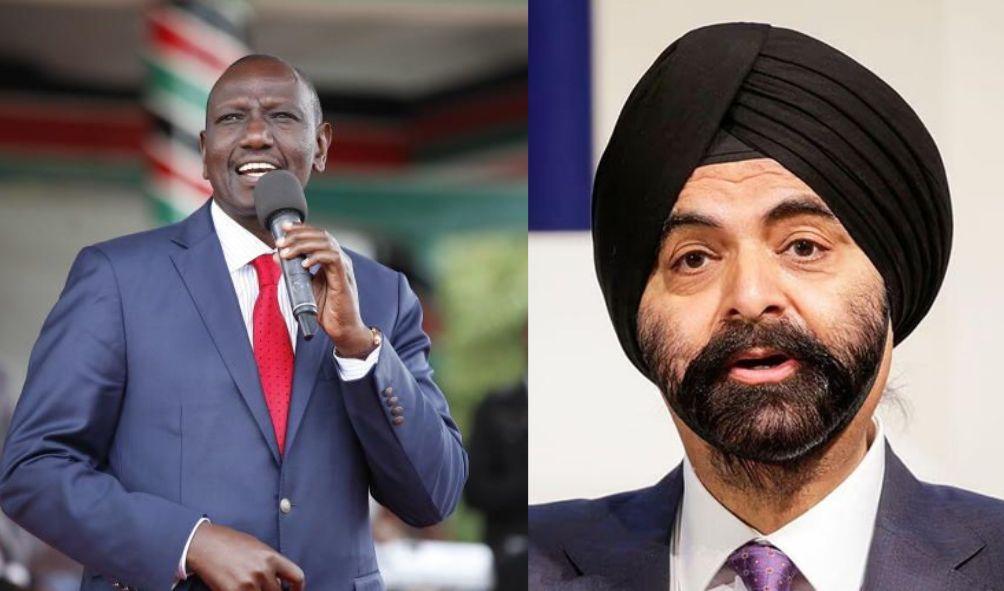World Bank Applauds Ruto’s Tax Measures While Highlighting 3 Key Risks
A recent report by the World Bank lauded President William Ruto’s efforts to increase revenue by increasing tax rates after his inauguration.
The report titled Kenya Economic Update was released on June 7 and highlighted the government’s role in maintaining the economy and reducing the debt to Gross Domestic Product (GDP) ratio, which currently stands at 67.4%.
However, the World Bank warned of three threats to the government’s economic recovery efforts: insufficient precipitation, political tensions, and Central Bank monetary policies.
Instead, heavy rains would increase agricultural yields and boost the production of inexpensive hydropower. Nevertheless, it would be detrimental for the government to rely on the seasonal variation in rainfall.
In addition, the government’s efforts to reduce greenhouse gas emissions acknowledge climate change as a major impediment to economic growth.
Political tension following the 9 August General Election was cited as a factor inhibiting the country’s growth and stability.
A tighter monetary policy and fiscal consolidation effectively balanced the country’s economic environment – from the Central Bank’s austerity measures to ensure a constant money supply in the economy to the government’s achievement of its price objectives.
ALSO READ: Government Embraces Flexibility in Housing Fund: A Welcomed Relief
In context, tighter monetary policies make domestic assets more profitable than foreign assets, resulting in capital inflows. This, in turn, makes imports more affordable, thereby reducing inflation.
The World Bank predicts that Kenya’s inflation rate will decline from 7.6% to 5.7% between 2024 and 2025. The government’s efforts to reduce the rising debt levels contributed to the reduction of external and domestic imbalances.
“Fiscal consolidation plays a central role in supporting Kenya’s macroeconomic foundations for inclusive and sustained growth,” said Keith Hansen, World Bank country director.
In addition, the lender anticipated that the education, hotels and accommodations, and transportation sectors would increase in the post-pandemic era and contribute to the projected 5% GDP growth in 2023.
On March 30, 2023, Patrick Njoroge, the departing governor of Kenya’s Central Bank, predicted that the country’s economy would expand by 5.8 percent instead of the initial projection of 6.1 percent.
He attributed the disparity to the sluggish growth of the agricultural sector during the country’s worst drought in four decades, which led to an increase in the cost of essential goods.
President Ruto defended tax increases because they would foster economic stability.
“None of the proposed tax increases are punitive. We are responsible for the economy. Everyone recognizes that we have stabilized the economy,” he told DW News on 28 March 2023.
World Bank Applauds Ruto’s Tax Measures While Highlighting 3 Key Risks
HEY READER. PLEASE SUPPORT THIS SITE BY CLICKING ADS. DON’T FORGET TO HIT THE NOTIFICATION BELL FOR MORE UPDATES AROUND THE GLOBE.
